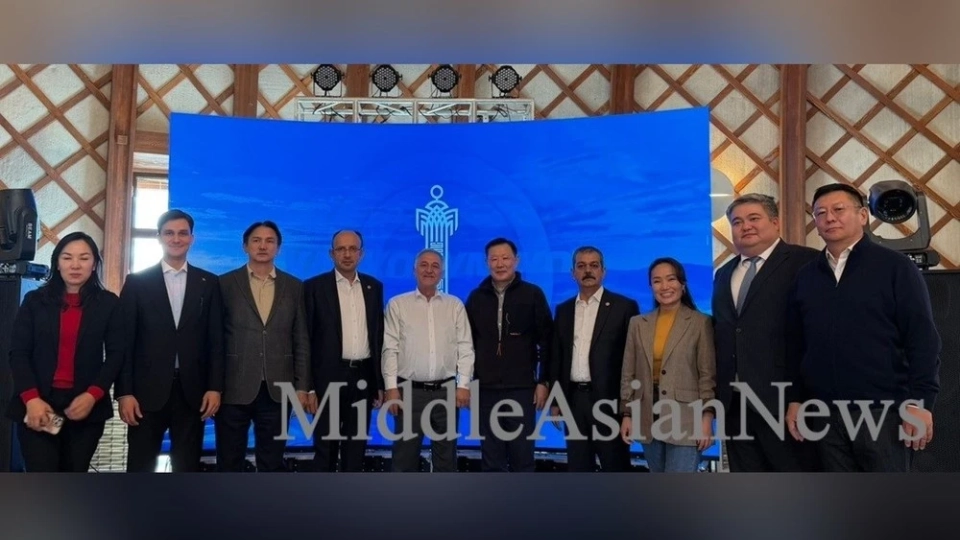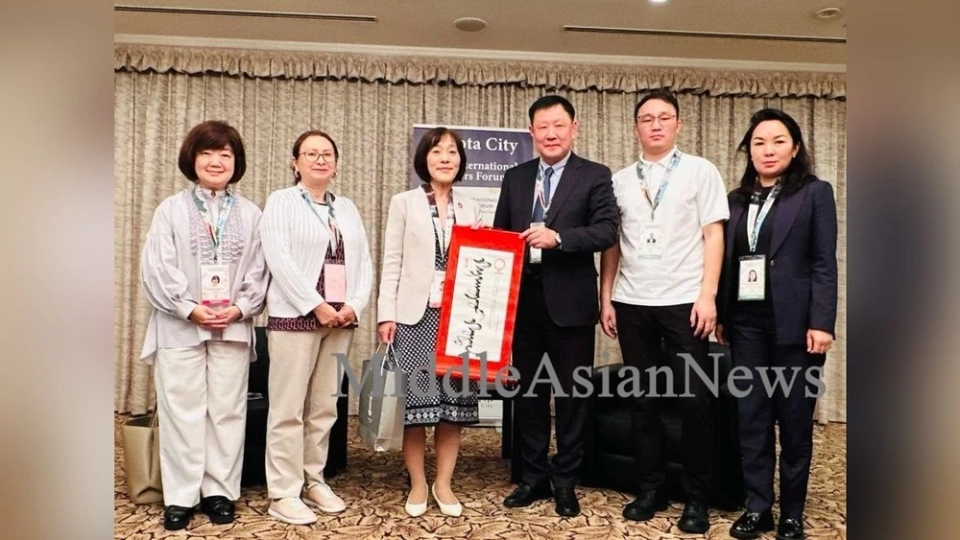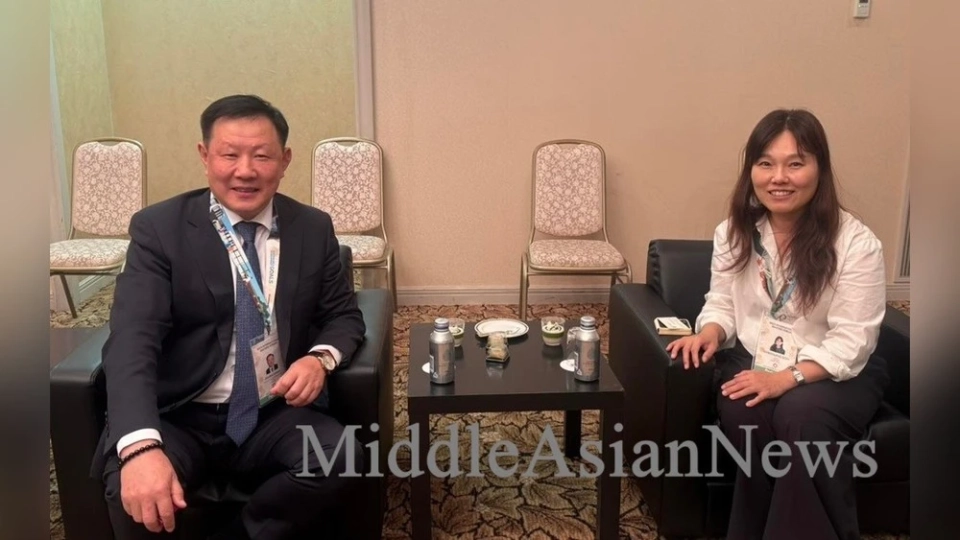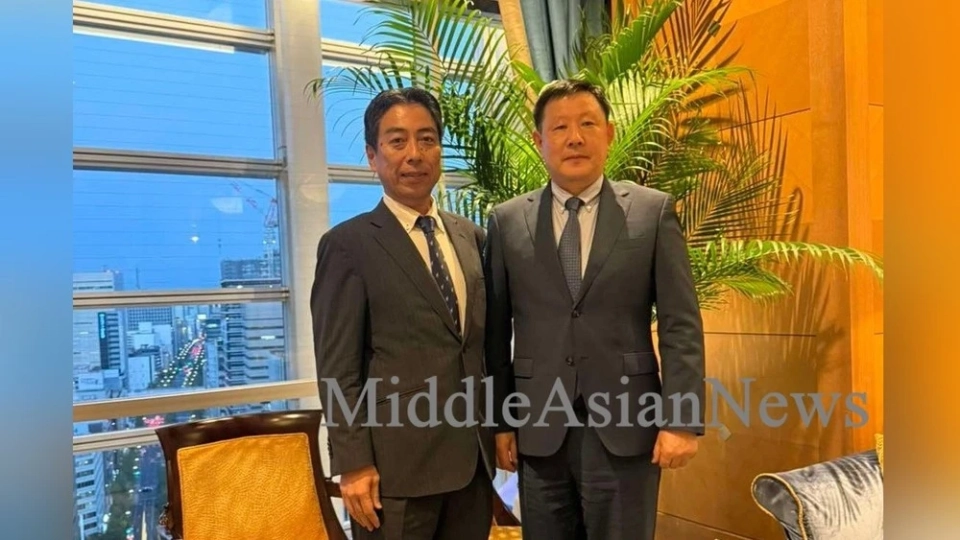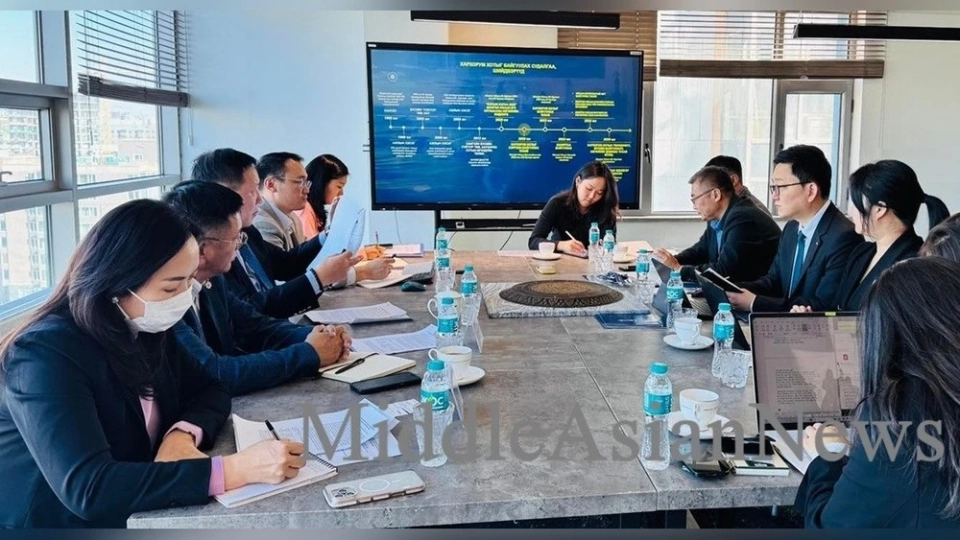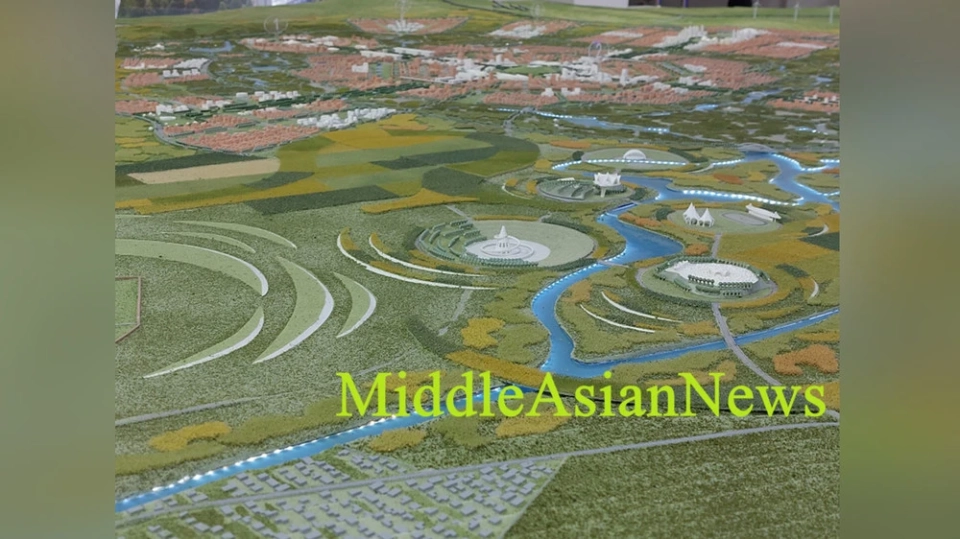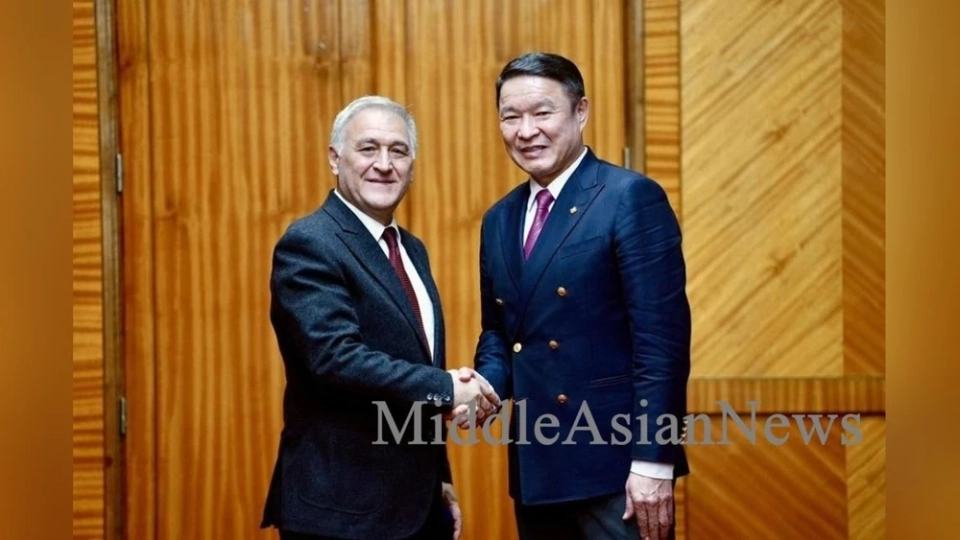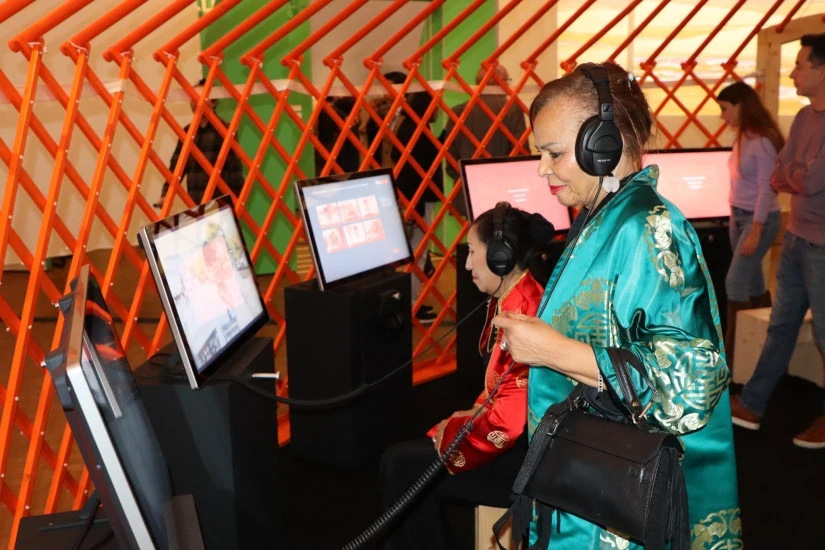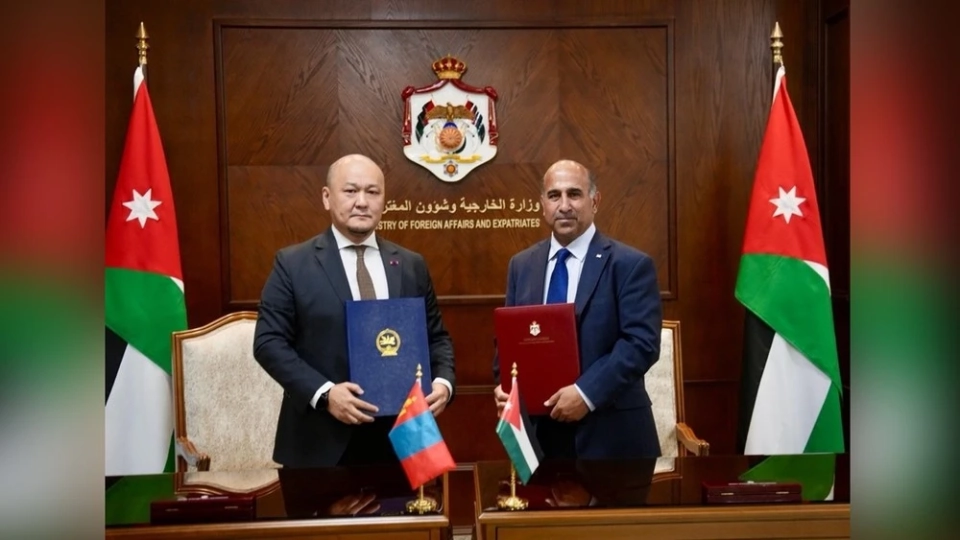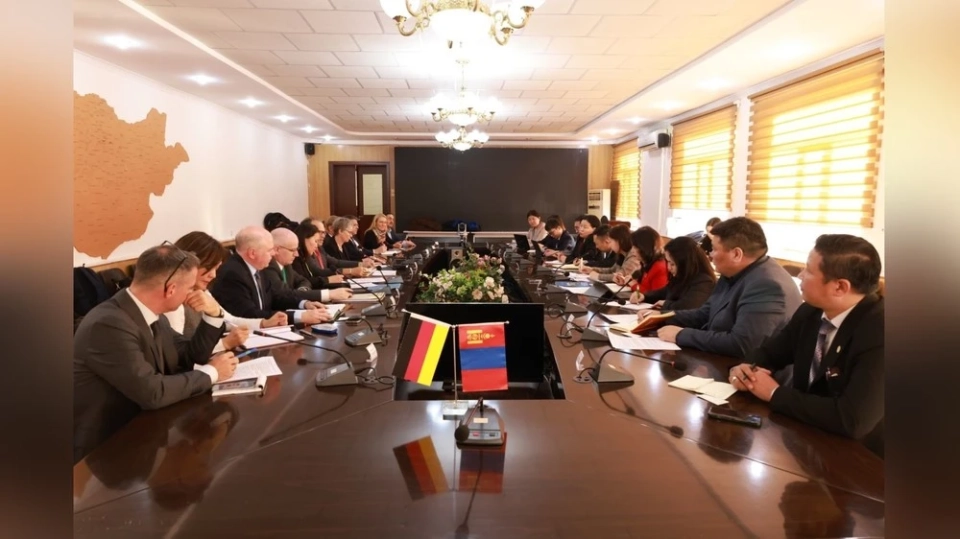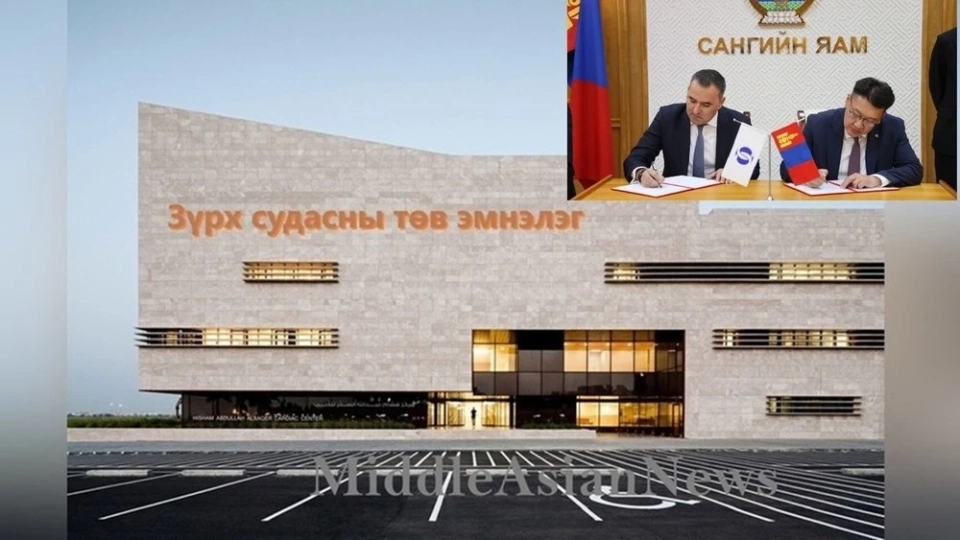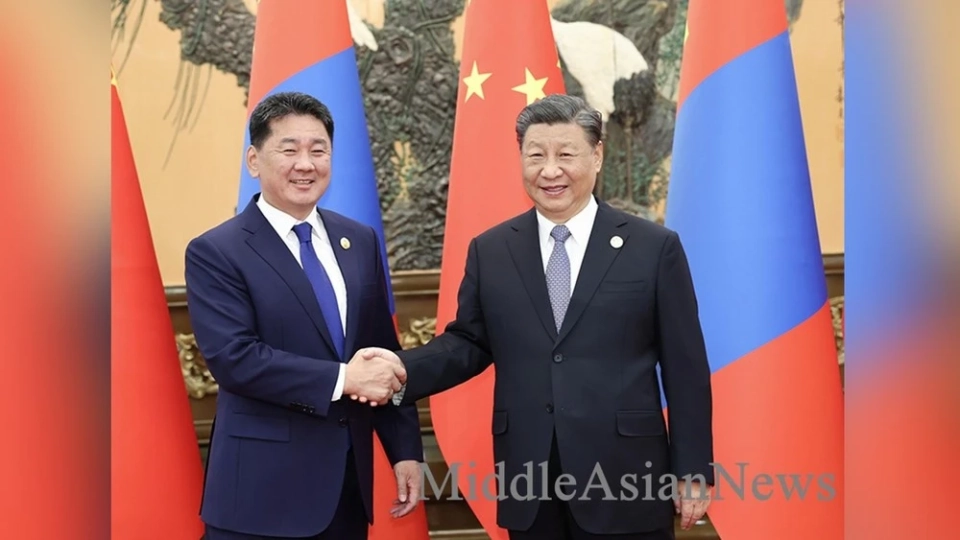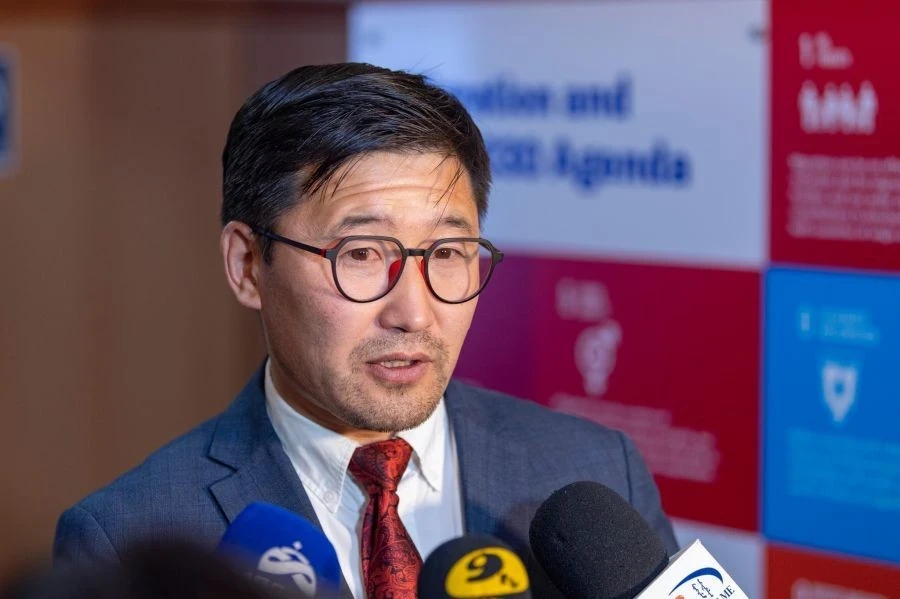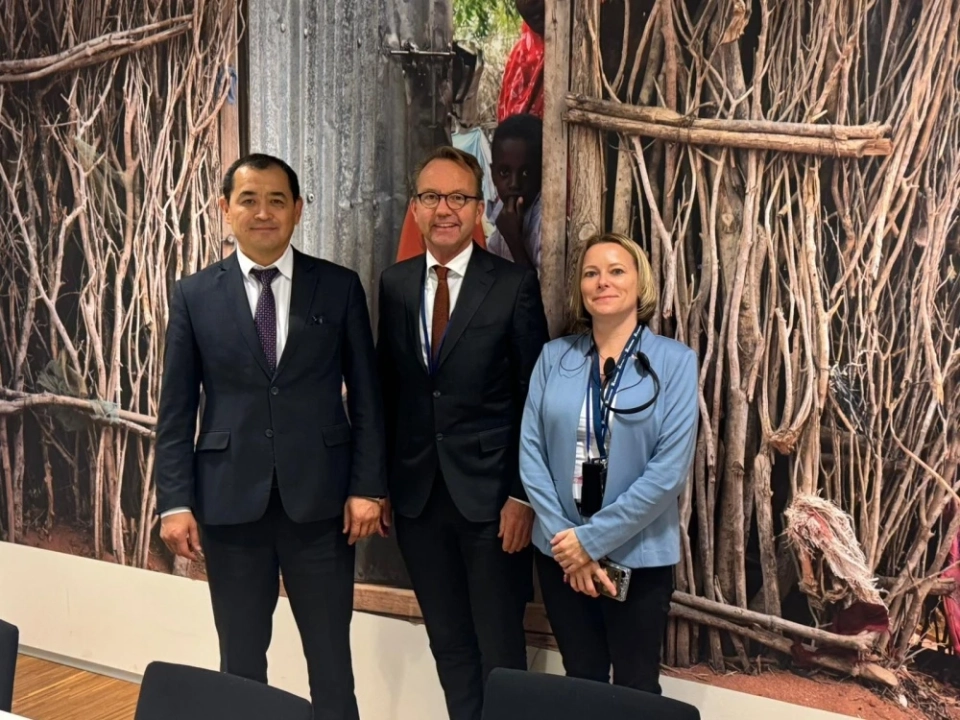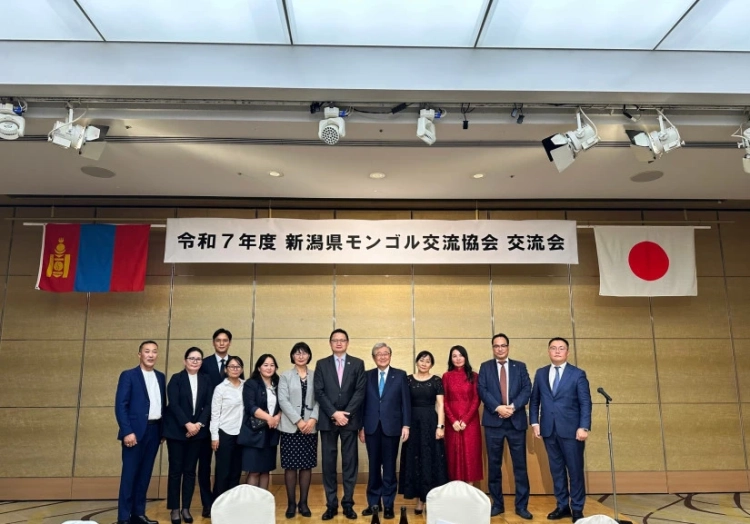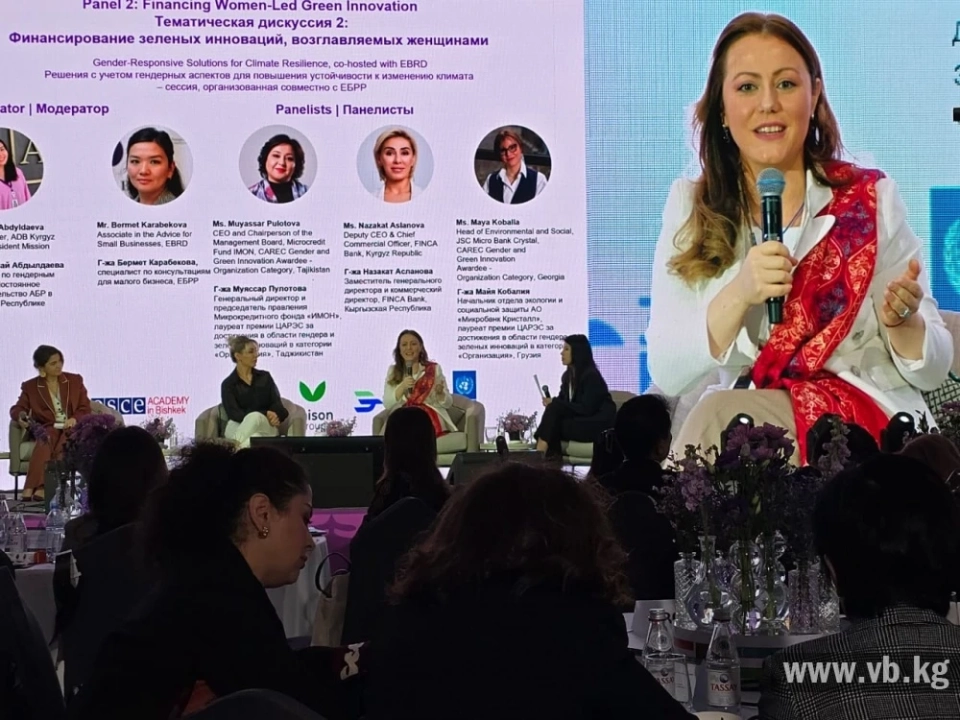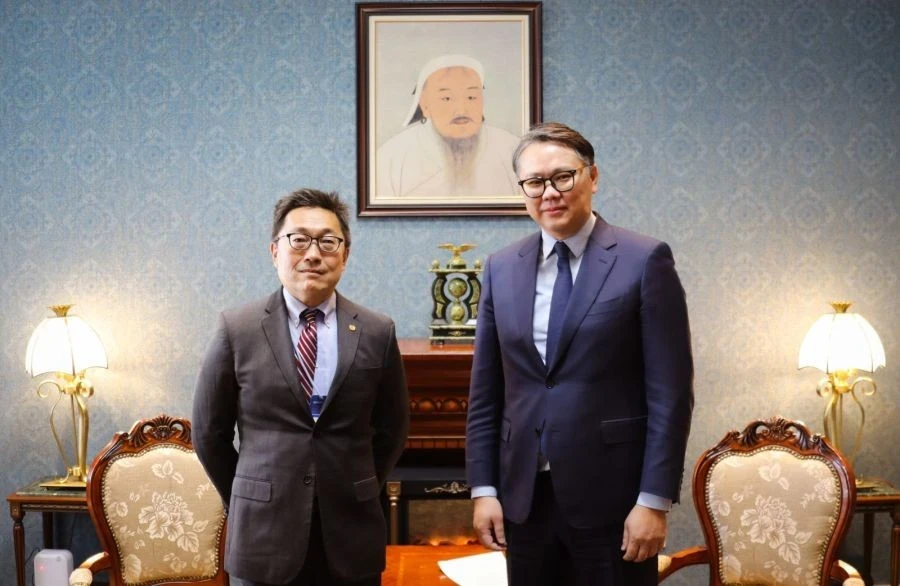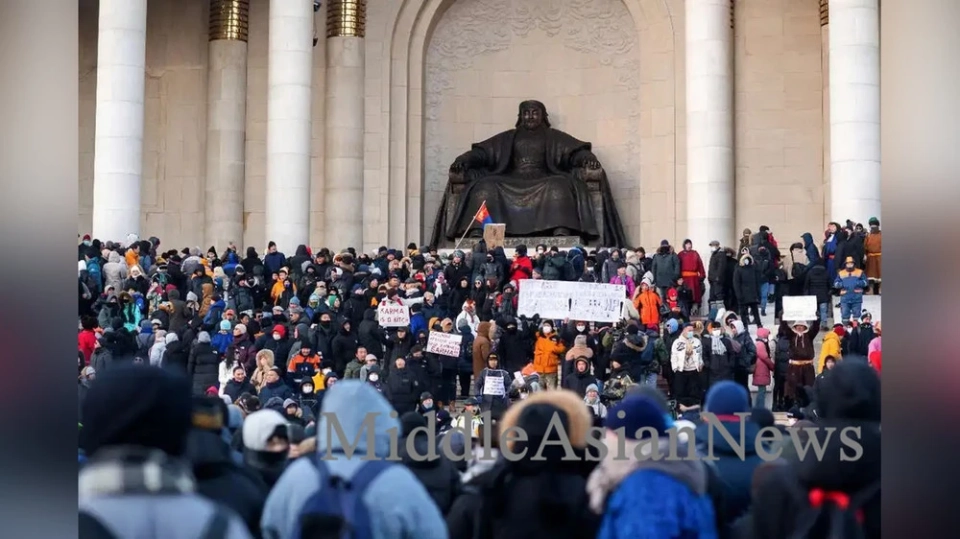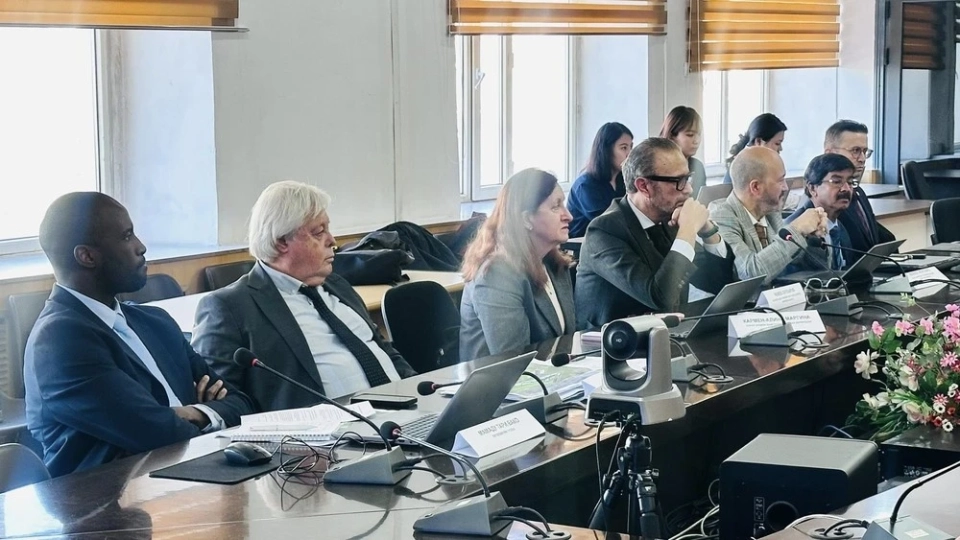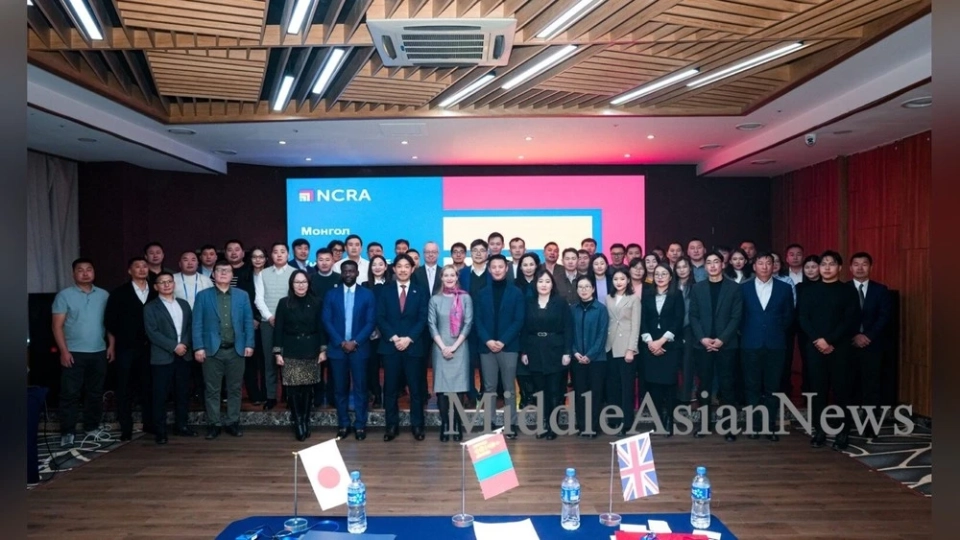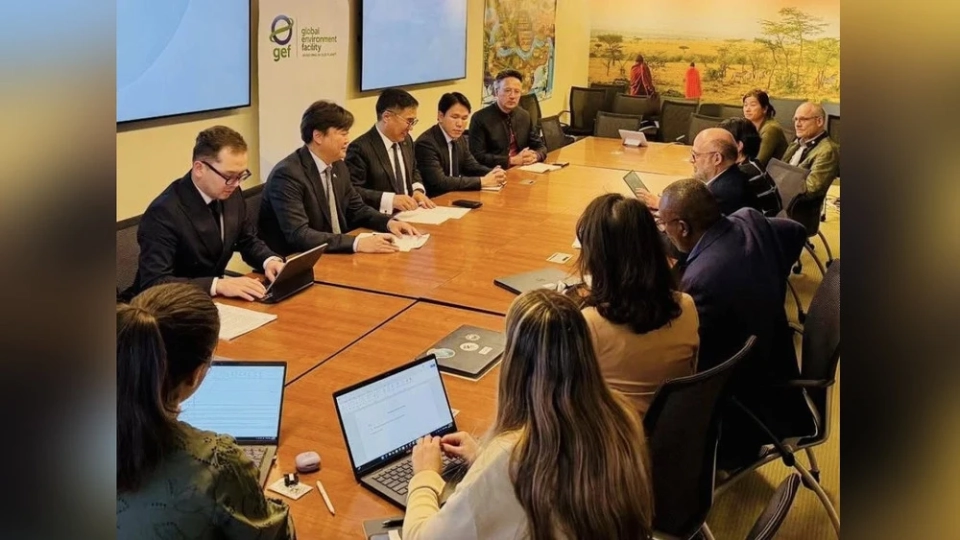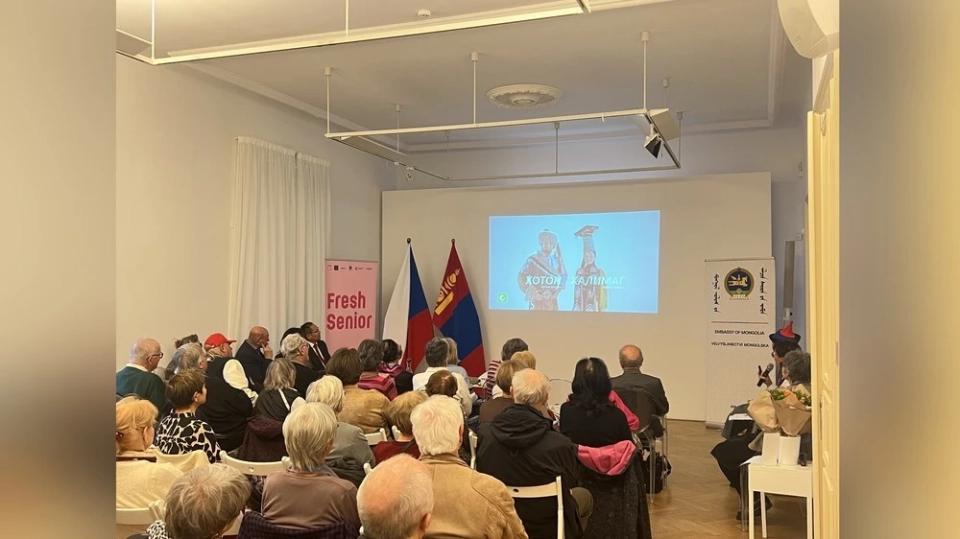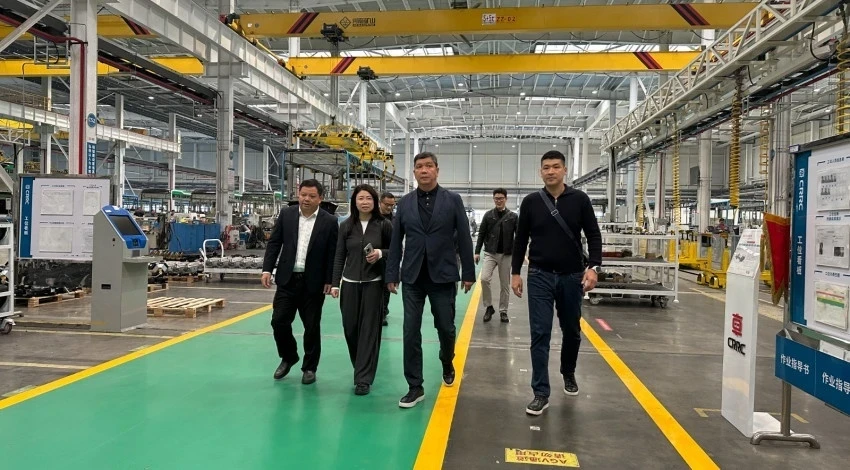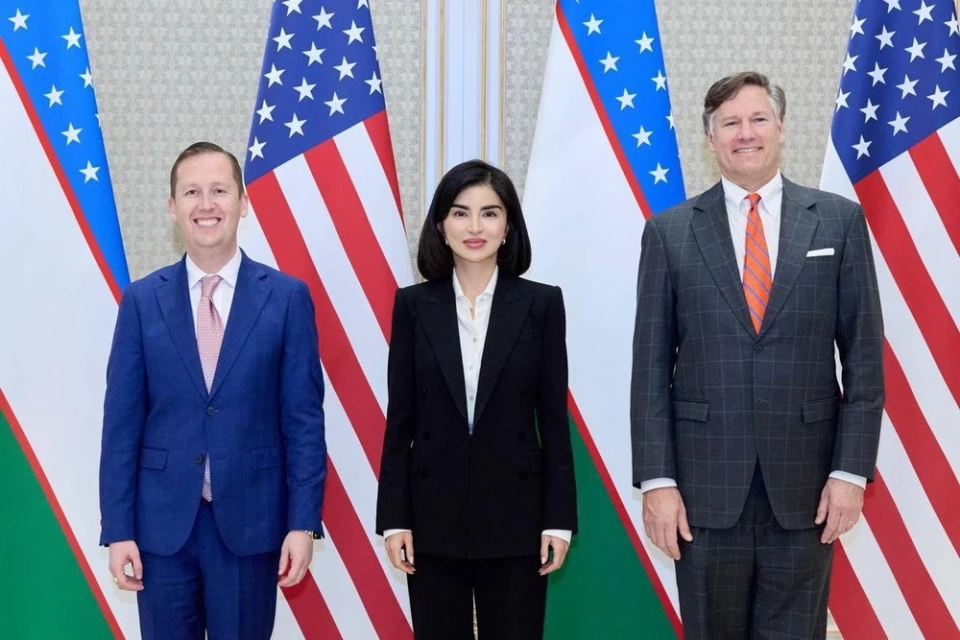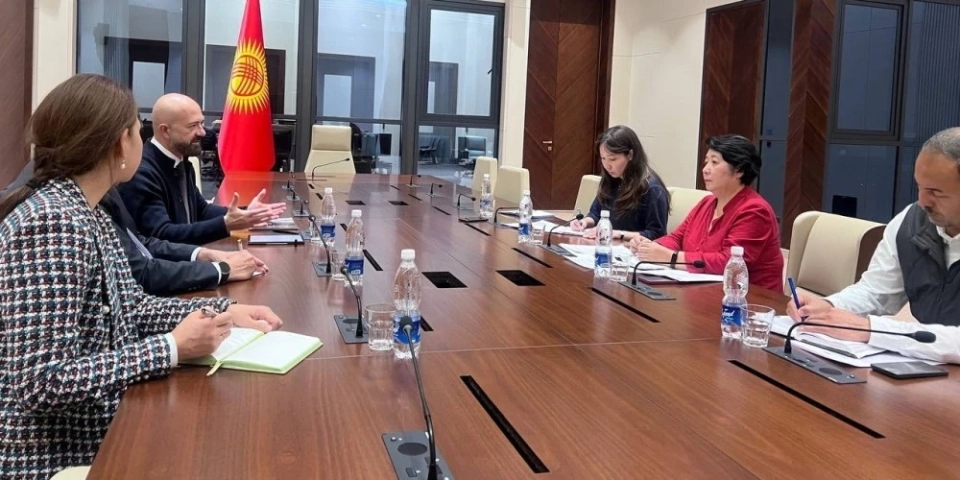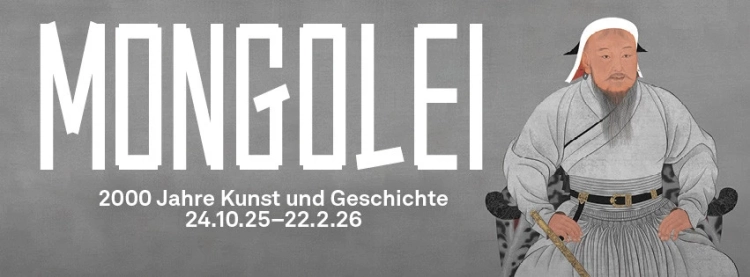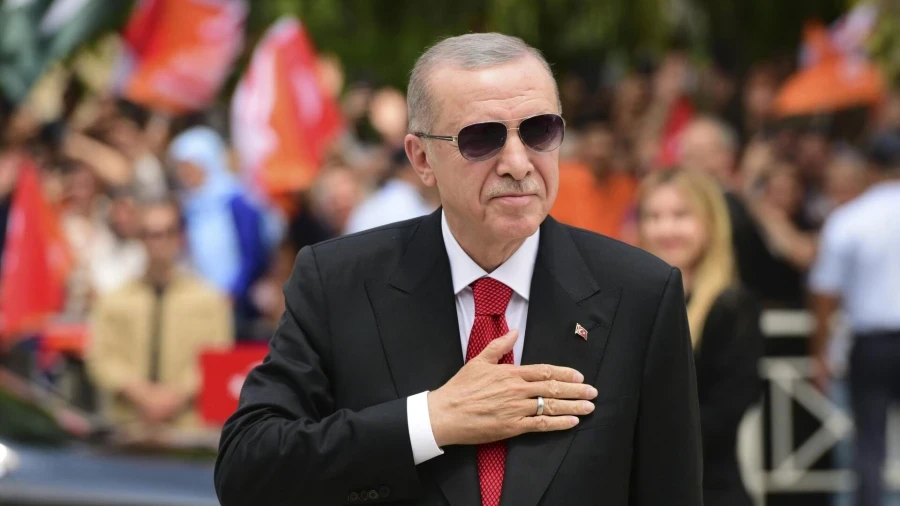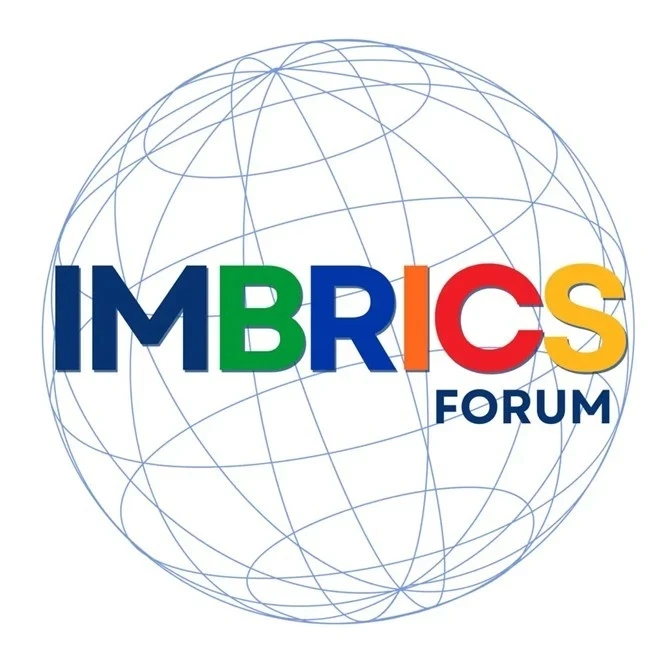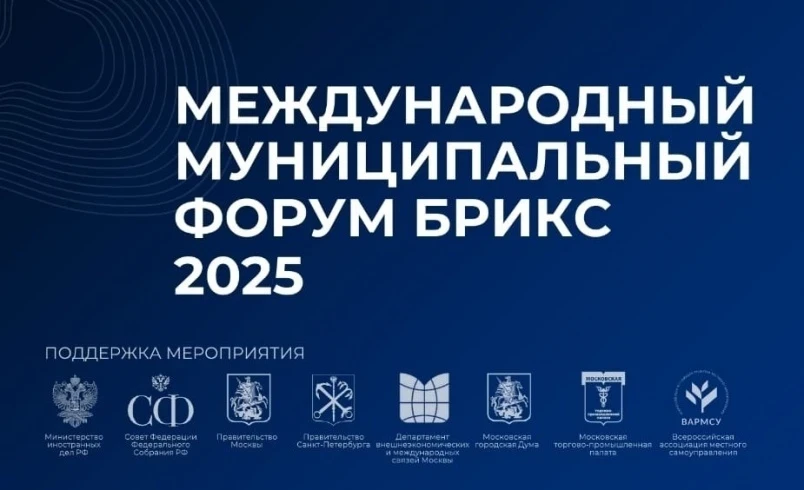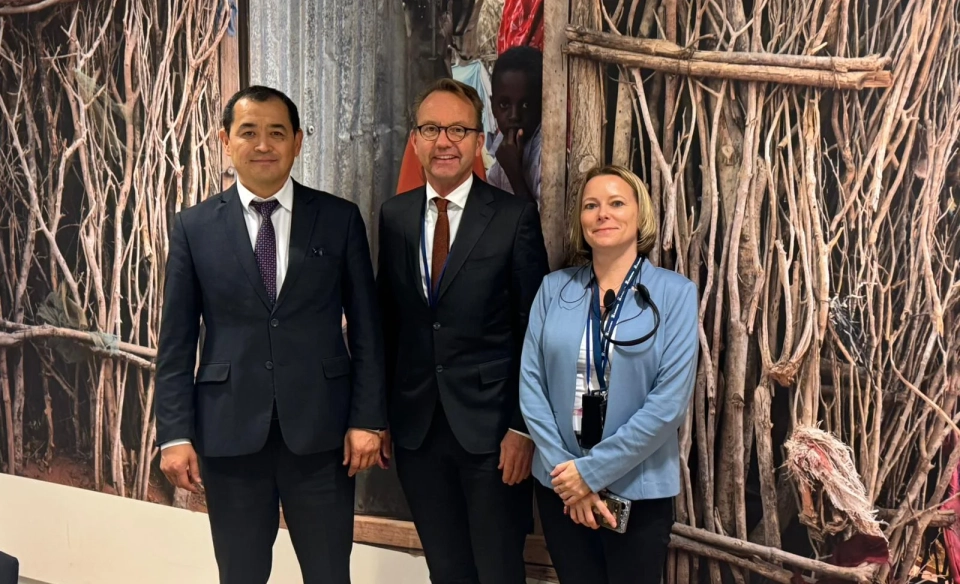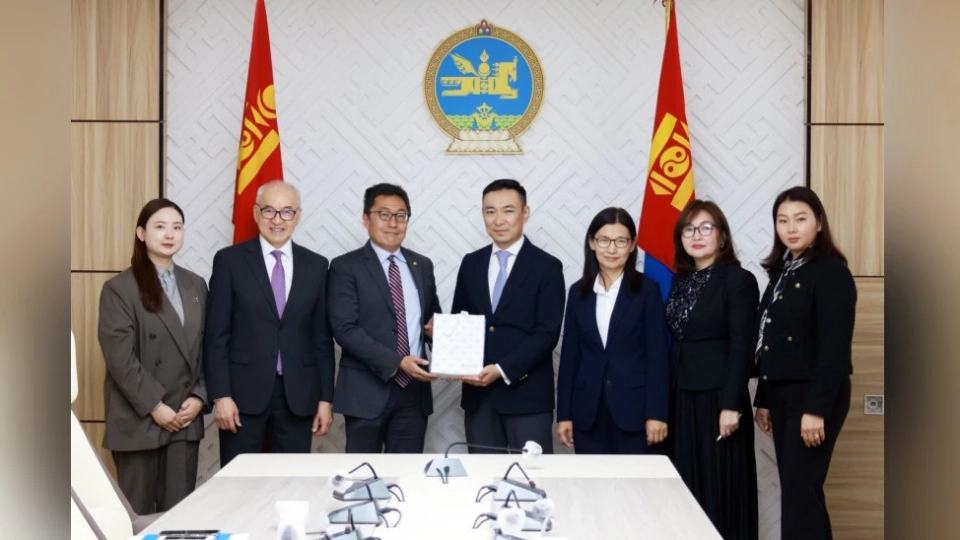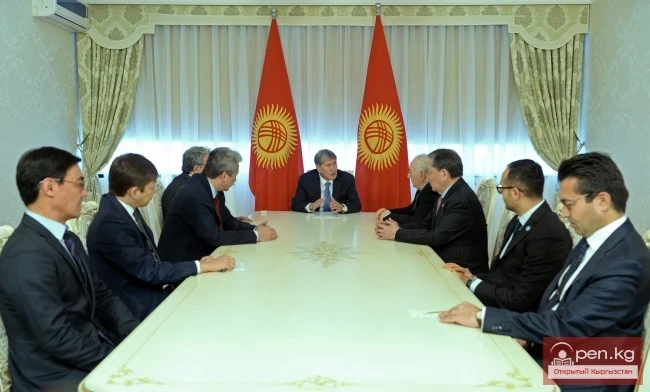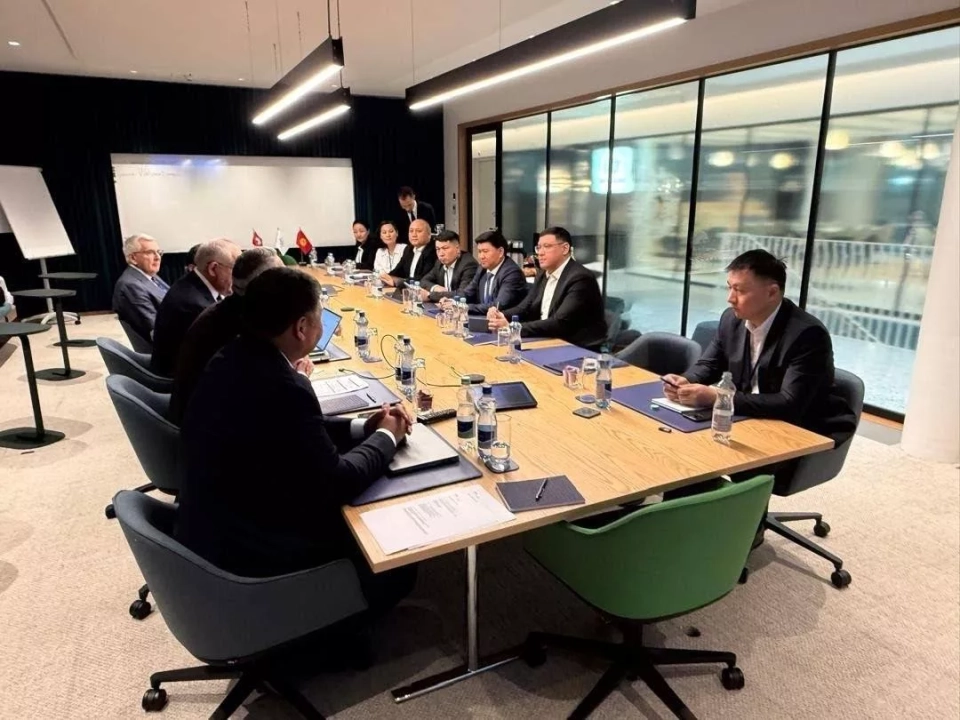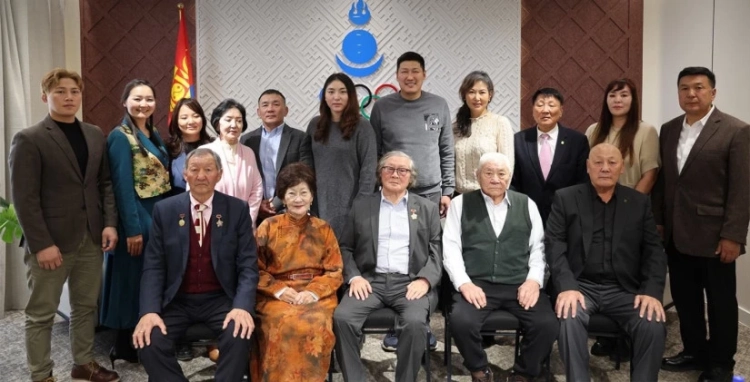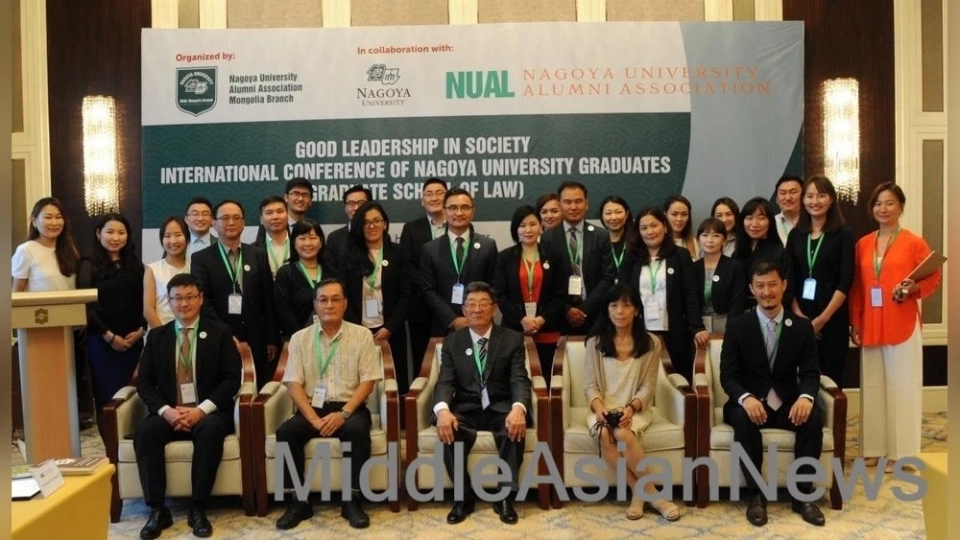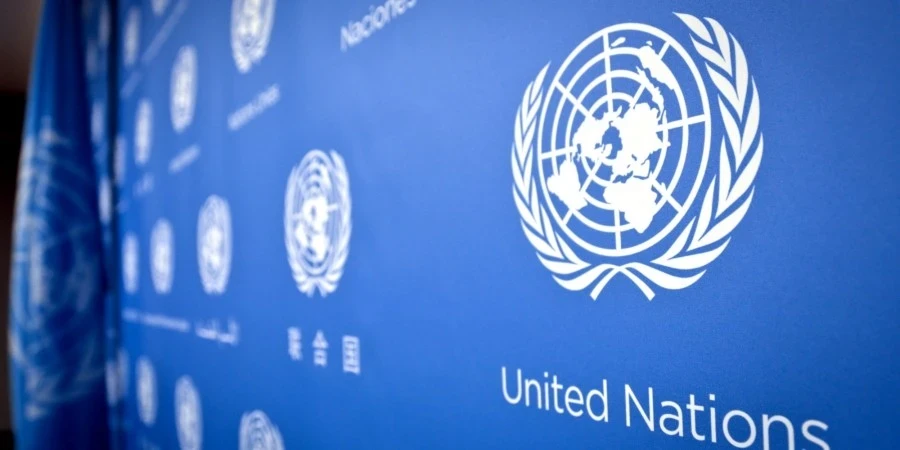Kharakhorum: Implementing Global Approaches to Development
The parliamentary delegations from Mongolia and Turkey visited Kharakhorum to study development projects.
On October 30, 2025, the delegation was led by Mr. Zulpkhar Sarhad, chairman of the Mongolia-Turkey group in the Great State Khural, and Mr. Ibrahim Ufuk Kayanak, chairman of the Turkey-Mongolia group in the Grand National Assembly of Turkey. Their goal was to familiarize themselves with urban planning projects.
During the visit, the delegation was presented with the key points of the Kharakhorum development master plan, including ecological initiatives aligned with the national "Billion Trees" movement, the restoration project for Lake "Khaltgii Tsagaan," and plans for building an international airport.
The delegations also discussed investment opportunities and prospects for cooperation between Mongolia and Turkey.
This meeting highlights an important step in developing Kharakhorum as a modern, eco-friendly, and international center that respects Mongolia's cultural heritage while promoting innovation and sustainable development.
Kharakhorum — Bridging Mongolia's Heritage and a Sustainable Future
During the visit, representatives of Kharakhorum met with Ms. Kazuko Ishigaki, the regional director of UN-Habitat for the Asia-Pacific region, to discuss potential cooperation in urban planning and the development of the new city of Kharakhorum.
At the meeting, issues of integrating sustainable planning, eco-friendly infrastructure, and innovative development models into Mongolia's urban development policy were discussed, with a focus on the renewal and modernization of Kharakhorum.
Kharakhorum — Mongolia's Future Inspired by Sustainable Development
A bilateral meeting was also held with Ms. Son Hyo-Young, head of the innovation and strategy department at the Incheon Free Economic Zone, Republic of Korea.
During this meeting, the foundations of strategic planning, key principles of policy, and a phased development model that contributed to the successful establishment of the Incheon Free Economic Zone (IFEZ) were discussed.
Mongolian representatives expressed a desire to study and adapt the successful practices of IFEZ within the framework of urban planning and further development of Kharakhorum.
As a result, representatives of IFEZ expressed their readiness to share experiences, provide professional consultations, and expand cooperation to support the planning and sustainable development of the city of Kharakhorum.
This partnership has become an important step towards creating a smart, globally connected, and future-oriented city in Mongolia.
Kharakhorum — A Green Future for Mongolia Shaped Through Global Cooperation
At the 16th Expert Meeting on Ecology organized by UN-Habitat for the Asia-Pacific region in Nagoya (Japan), representatives of Kharakhorum met with Mr. Sintaro Akiyama, Deputy Director of the Japan International Cooperation Agency (JICA).
During the meeting, the parties discussed progress in Kharakhorum's urban planning projects and agreed to expand cooperation with JICA's office in Mongolia and the JICA Alumni Association to identify key areas for joint projects and strategic planning.
This cooperation is a significant step towards creating a sustainable, smart, and eco-friendly city based on international experience and recognized practices from Japan in development.
Kharakhorum — Moving Forward Together with the World
Representatives of the Korean Maritime Research Institute (KMAS) visited Kharakhorum as part of the New Kharakhorum development project to discuss collaboration opportunities in research, innovation, and sustainable development.
During the meeting, the parties discussed the following issues:
🌿 Eco-friendly urban planning and infrastructure,
💧 Water resource management and ecological technologies,
🏗️ Joint innovative and research projects for sustainable growth.
This collaboration is becoming an important step in transforming Kharakhorum into a smart, sustainable, and globally integrated city based on shared knowledge, innovation, and cooperation.
Tatar S.Maidar
source: MiddleAsianNews

